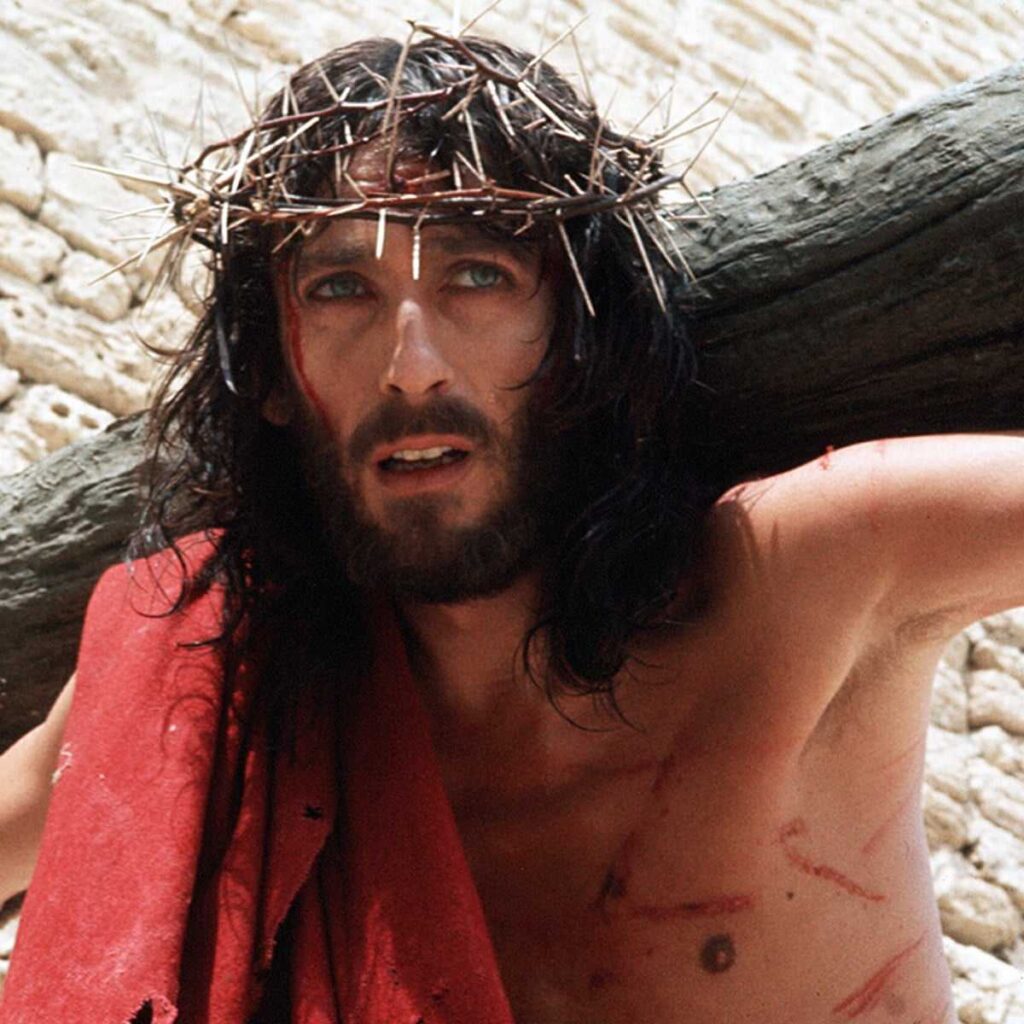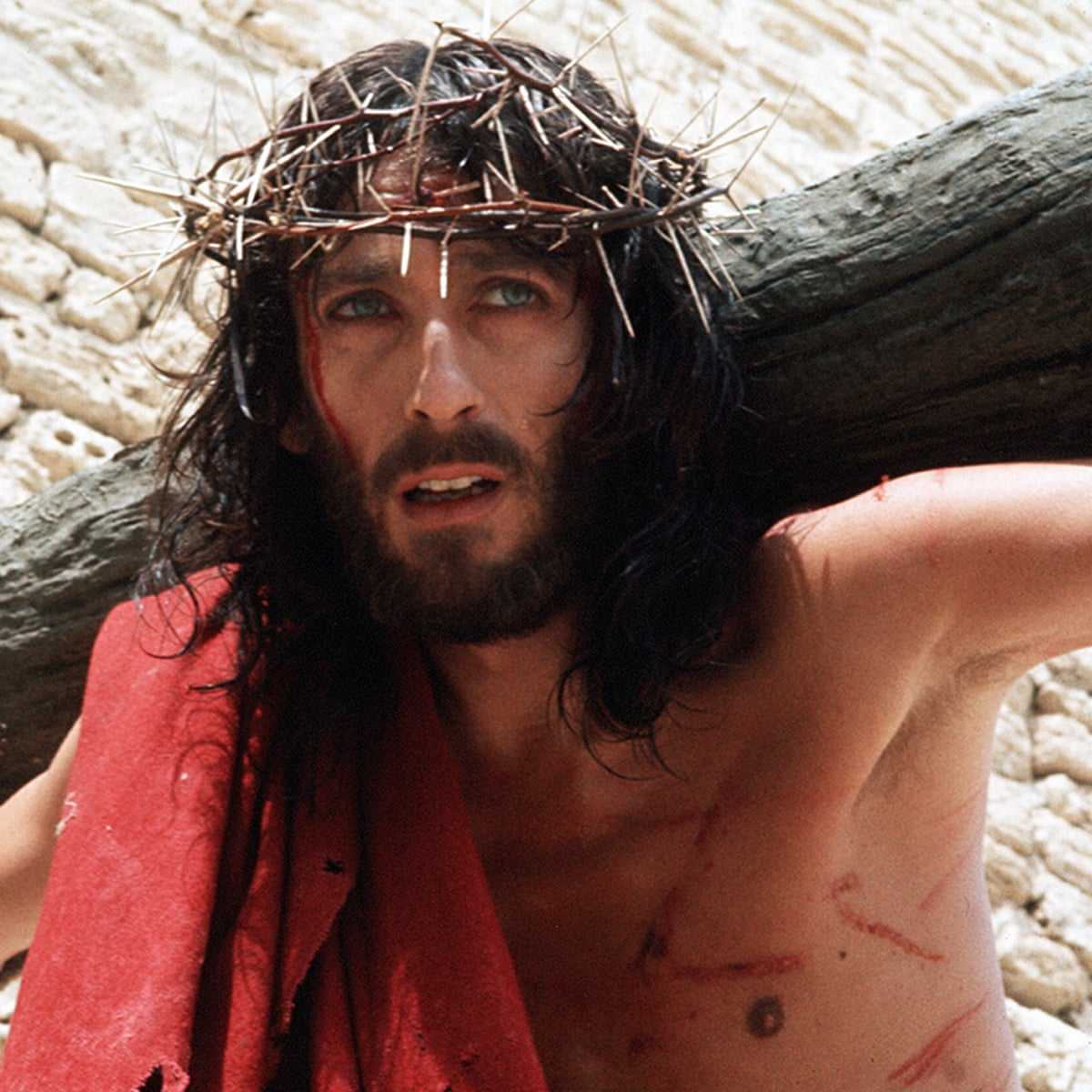adverts
Good Friday marks Jesus’ sacrifice for humanity but traditions are different across the world and reflect the cultural and religious diversity of Christianity.
Christians across the world observe Good Friday as the day when Jesus Christ died on the cross for humanity so that he could save them from their sins and is observed as a public holiday in various countries including India, Canada, the UK, Germany, Australia, Ghana, Brazil, Finland, Malta, Mexico, New Zealand, Singapore and Sweden among others. For Christians, it is the most sorrowful, sombre and sacred day of the year and is also referred as Holy Friday, Great Friday, Black Friday or Easter Friday as the etymology of the term ‘good’ in Good Friday is contested in various circles where some say ‘good’ means holy while others say that it is a modification of ‘God Friday’ but many believe it is an appropriate term since it denotes that Christ suffered and died for his people.

adverts
For Christians, Good Friday is a day to reflect on the sacrifice that Jesus made for humanity and to contemplate the meaning of his death but Good Friday traditions are different across the world and reflect the cultural and religious diversity of Christianity. Here’s how Christians around the world celebrate the festival –
Catholics do not eat meat on Good Friday but can eat fish instead and it is also customary to eat warm hot cross buns. They normally fast on this day unless they have health issues or are below the prescribed age.
Protestants, on the other hand, do not have food restrictions on Good Friday but many follow the ‘no meat’ rule like the Catholics.
Germany: In Germany, people participate in the “Karfreitag,” which is a solemn church service. People fast on this day, and some communities hold silent processions.
India: Some areas hold three-hour long special services at noon, the time when Jesus is said to have been crucified. The lights are dimmed and eventually extinguished with followers wearing black clothes and covering all religious pictures, crosses and icons in the churches and their homes to mourn the absence of God and the associated sadness. A loud noise is created to depict the earthquake that struck during Jesus’ dying hour. Passages from the Gospel about the Seven Last Words of Jesus are read. Catholics relive the fourteen stations —places in and around the church that mark Jesus’ final journey. The Holy Communion is organised at several places. A bitter drink is prepared from mostly leaves and vinegar, which is tasted by all after the service.
Italy: In Italy, people participate in the “Via Crucis” procession, which is a reenactment of the events leading up to the crucifixion. In some parts of Italy, people perform the “Miserere,” which is a solemn song sung in the churches.
Mexico: In Mexico, people commemorate Good Friday by enacting the “Via Crucis,” or the Way of the Cross. The streets are filled with processions, and people carry a statue of Jesus on the cross. In some parts of Mexico, people participate in a reenactment of the crucifixion.
Philippines: In the Philippines, the Good Friday procession is a significant event. People participate in processions called “Senakulo,” which is a reenactment of the Passion of Christ. The procession includes floats, statues, and people dressed as Roman soldiers and Biblical figures.
Spain: In Spain, people participate in the “Semana Santa,” which is a week-long celebration leading up to Easter. On Good Friday, people participate in processions called “La Madrugada,” which starts at midnight and continues until early morning. The procession includes people carrying statues of the Virgin Mary and Jesus. (Representative Image (Unsplash))
In Ghana: Good Friday is usually observed as a solemn day of reflection and repentance in Ghana. Many Christians attend church services to reflect on Jesus Christ’s crucifixion and sacrifice for humanity’s sins. Some people fast on this day, going without food and drink until the evening.
In some traditions, church bells are rung slowly and solemnly on Good Friday, and they remain silent until Easter Sunday. In other areas, parades are held in which hymns are sung and prayers offered while open air plays, depicting the last hours of Jesus Christ, are also organised by some communities.


